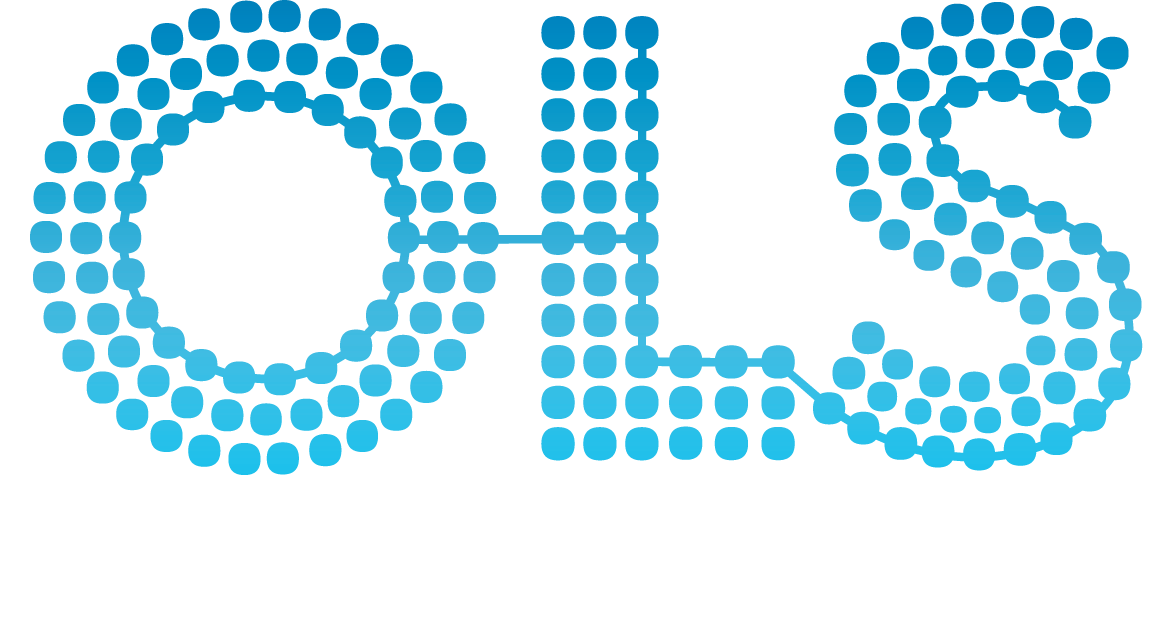A connective tissue cell that normally gives rise to other cells that are organized as three-dimensional masses. In humans, this cell type is CD73-positive, CD90-positive, CD105-positive, CD45-negative, CD34-negative, and MHCII-negative. They may further differentiate into osteoblasts, adipocytes, myocytes, neurons, or chondroblasts in vitro. Originally described as residing in the bone marrow, this cell type is now known to reside in many, if not all, adult organs. [ http://flybase.org/reports/ma.htm GOC:dsd http://www.ncbi.nlm.nih.gov/pubmed/16923606 http://en.wikipedia.org/wiki/Mesenchymal_stem_cell https://www.ncbi.nlm.nih.gov/pmc/articles/PMC2613570 http://www.ncbi.nlm.nih.gov/pubmed/10102814 http://www.ncbi.nlm.nih.gov/pubmed/17986482 http://www.ncbi.nlm.nih.gov/pubmed/19960544 http://www.copewithcytokines.de/cope.cgi?key=mesenchymal%20stem%20cells ]
Term information
- FMA:70546
- BTO:0002625
- BTO:0003298
cellxgene_subset
Many but not all mesenchymal cells derive from the mesoderm. MSCs are reportedly CD3-negative, CD4-negative, CD5-negative, CD8-negative, CD11a-negative, CD11b-negative, CD14-negative, CD19-negative, CD29-positive, CD31-negative, CD34-negative, CD38-negative, CD40-negative, CD44-positive, CD45-negative, CD49-positive, CD54-positive, CD66b-negative, CD79a-negative, CD80-negative, CD102-positive, CD106-positive, CD117-positive, CD121a-positive, CD121b-positive, CD123-positive, CD124-positive, CD133-negative, CD146-positive, CD166-positive, CD271-positive, B220-negative, Gr1-negative, MHCI-positive, MHCII-negative, SSEA4-negative, sca1-positive, Ter119-negative, and glycophorin A-negative. Cultured MSCs are capable of producing stem cell factor, IL7, IL8, IL11, TGF-beta, cofilin, galectin-1, laminin-receptor 1, cyclophilin A, and MMP-2.

